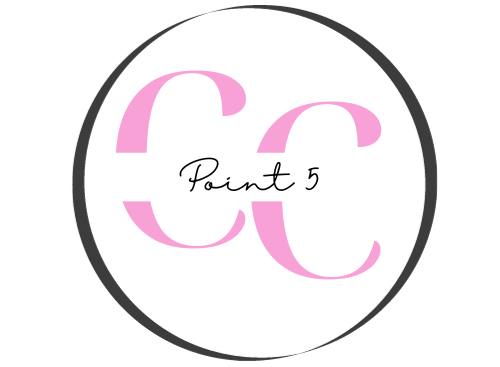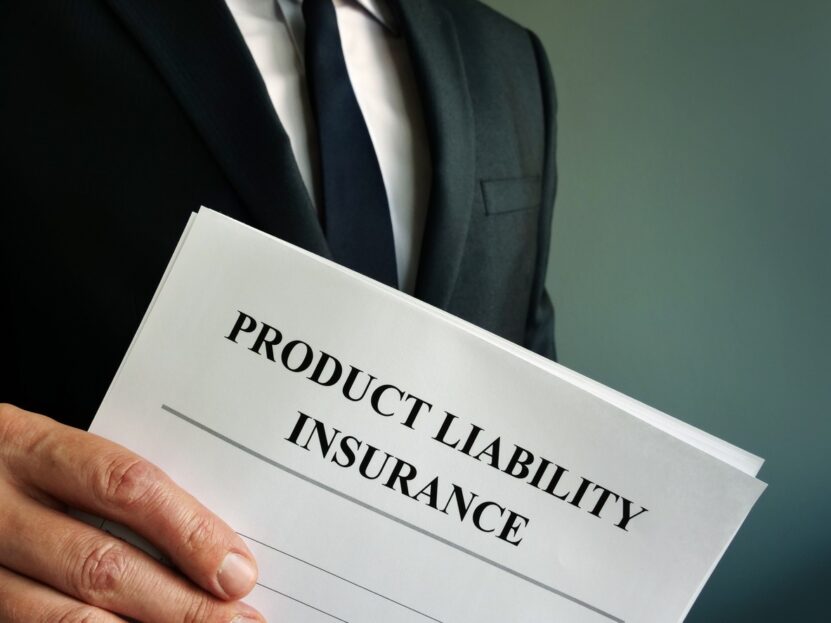In the world of fashion, beauty, and self-expression, the products we use are often more than just items on a shelf—they’re part of how we show up in the world. From skincare and cosmetics to shapewear and accessories, these products promise to enhance confidence and celebrate identity. But what happens when they don’t live up to that promise? What if they cause harm instead?
That’s where product liability becomes crucial. It’s the legal framework that protects consumers when beauty, fashion, or style products fail in ways that harm people physically, emotionally, or financially.
Key highlights
- Product liability laws apply to beauty, fashion, and style products that cause harm due to defects.
- Flaws in design, production, or safety warnings can all be grounds for a claim.
- High-profile cases, like those involving unsafe cosmetic implants or defective shapewear, have set important legal precedents.
- Victims may be entitled to compensation covering medical care, lost income, and emotional distress.
- Building a case requires strong documentation and the right legal guidance.
How Product Liability Applies to Beauty and Style
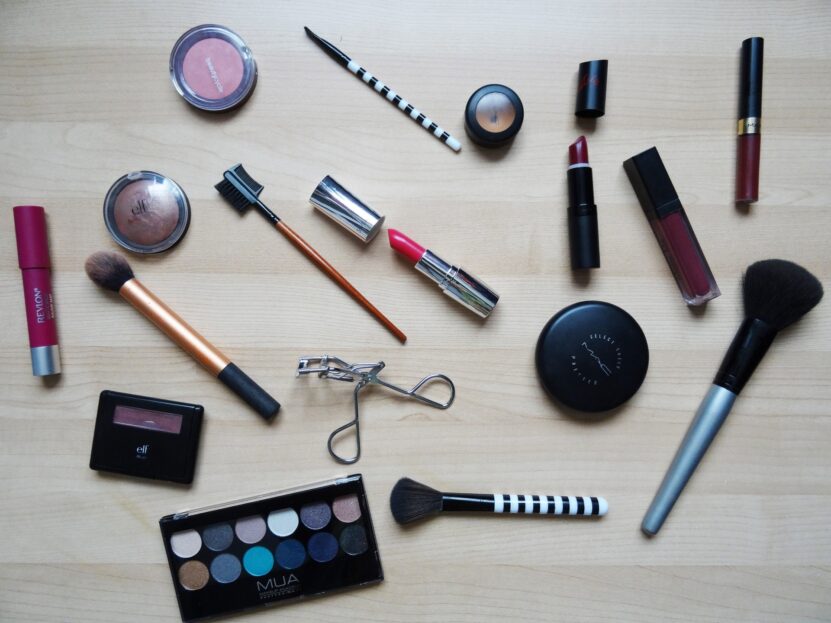
Product liability means that brands, manufacturers, and sometimes retailers can be held responsible when a product causes harm because of a defect or failure. In the beauty and fashion world, that could mean a cosmetic that triggers severe skin damage, a hair treatment that causes burns, or even accessories that pose a safety risk.
There are generally three types of defects that form the basis for product liability claims:
- Design defect – The product’s concept was flawed from the start, making it unsafe no matter how carefully it’s made.
- Manufacturing defect – The product design was fine, but mistakes during production made it dangerous.
- Failure to warn – The company didn’t provide proper instructions or warnings about potential risks.
Consider cases where certain implants or enhancement products led to serious health complications. Many individuals affected by defective beauty implants have turned to legal action, such as filing a vaginal mesh lawsuit, to seek justice and safer industry practices.
The Real Impact of Failing Beauty and Fashion Products
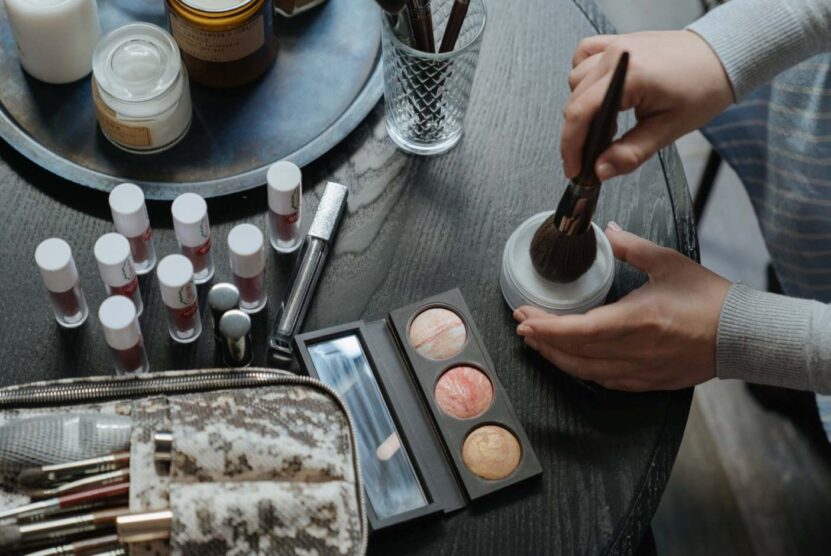
When a product that’s meant to help you feel confident or express yourself ends up causing harm, the damage can be devastating. Beyond the physical injuries—such as scarring, allergic reactions, or chronic pain—there’s often emotional trauma. Style, beauty, and identity are deeply personal, so when something goes wrong, it can affect self-esteem and mental health in lasting ways.
What’s more, repairing that damage can come at a huge financial cost: medical bills, therapy, time off work, and ongoing treatments all add up. That’s why product liability protections exist—to make sure individuals aren’t left to shoulder those burdens alone.
Could You Have a Case?
If a beauty, fashion, or style product harmed you, it’s natural to wonder if you have legal options. Here are some key points that help determine whether you might have a valid product liability claim:
Was there a defect?
Was the product unsafe because of its design, how it was made, or because it lacked proper warnings?
Were you using it as intended?
Courts usually consider whether the product was being used as a consumer would reasonably expect.
Did the defect cause the harm?
There needs to be a clear connection between the product’s failure and the injury or harm you experienced.
What are your damages?
This could include medical expenses, emotional distress, loss of income, or other measurable impacts.
In these cases, it often takes experienced legal professionals who understand both product liability law and the nuances of beauty/style product claims to build a strong case.
What Compensation Can Cover
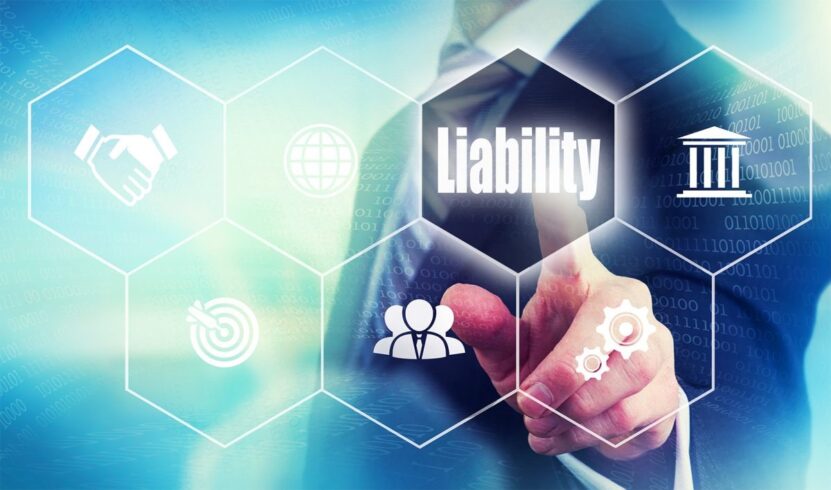
The compensation available through product liability cases goes beyond just medical bills. Victims of defective beauty or fashion products may be entitled to:
- Medical costs: Emergency care, treatments, surgery, or ongoing therapies.
- Lost income: If injuries stop you from working during recovery.
- Emotional distress: Especially important in cases where harm affects confidence or self-image.
- Punitive damages: In some cases, if a company acted especially recklessly or hid known risks, extra damages can be awarded to send a message.
Each case is unique, and the exact compensation depends on how the product failure has impacted your life.
Steps to Take if You’ve Been Harmed
If you think a style, fashion, or beauty product has harmed you, it’s important to act thoughtfully:
Save the product and packaging
Keep the item, its packaging, instructions, and any receipts or proof of purchase.
Document your experience
Photograph injuries, reactions, or damage. Keep records of medical visits, treatments, and related expenses.
Get medical care
Even if you think the harm is minor, it’s important to have a medical record—and to protect your health.
Talk to a legal professional
An attorney familiar with product liability and beauty/fashion product cases can guide you on next steps.
Be cautious before accepting offers
Brands or insurers may offer quick settlements, but these might not fully cover your long-term needs. A lawyer can help evaluate any offer.
Why Product Liability Cases Are Important
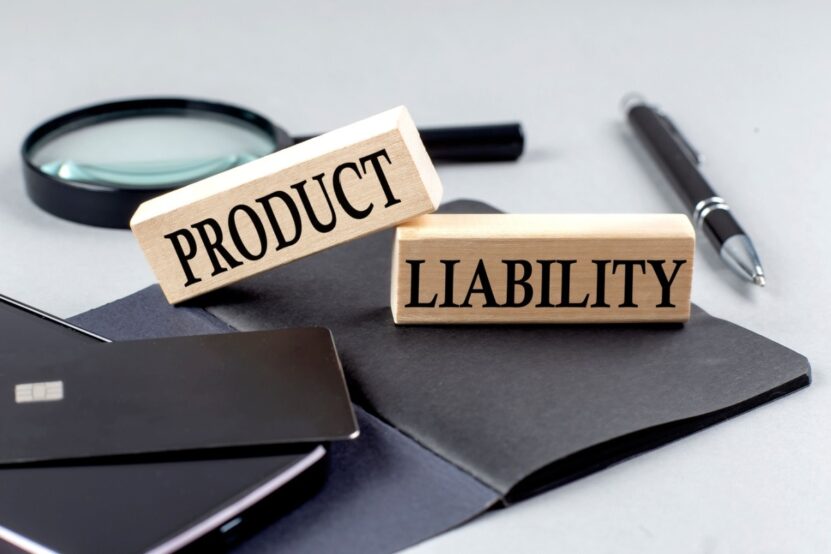
At first glance, product liability cases might seem like they’re just about getting compensation for harm. But they play a bigger role:
- They push companies to prioritize safety.
Brands that know they can be held accountable are more likely to invest in better design, testing, and warnings. - They lead to recalls and redesigns.
Legal action often results in unsafe products being pulled from shelves or improved for future consumers. - They expose bigger problems.
Sometimes these cases reveal deeper issues in the industry, from poor oversight to dangerous trends that need to change.
When individuals stand up after being harmed, they help drive positive change—making style and beauty products safer for everyone.
Final thoughts
Beauty and style products are supposed to help us feel empowered, not put us at risk. But when things go wrong, knowing your rights and options can make all the difference. Product liability laws are there to protect you—not just so you can recover from harm, but so the entire industry stays accountable and focused on safety.
If you or someone you care about has been harmed by a defective beauty or fashion product, don’t hesitate to seek advice. Speaking up could help you find the support you deserve—and help prevent harm to others in the future.
